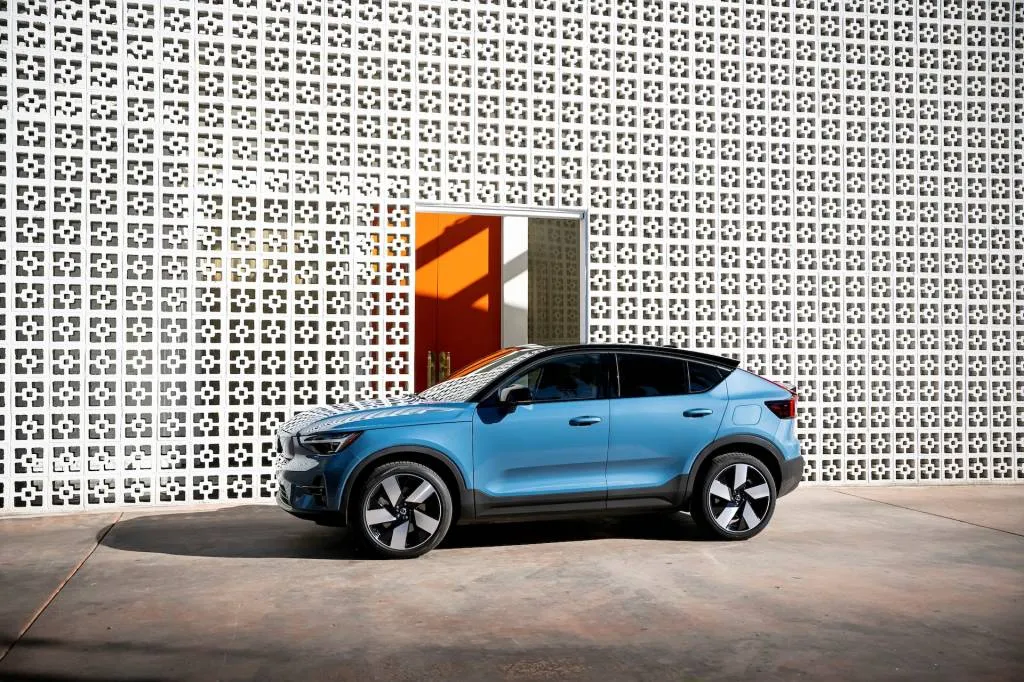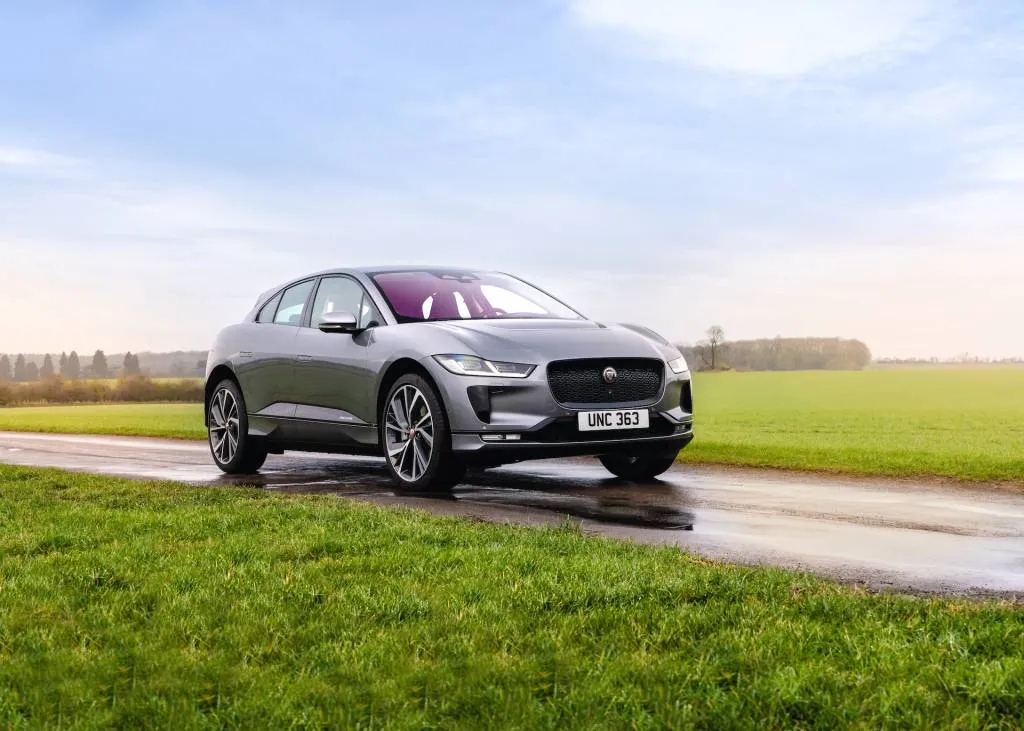New Jersey is introducing an additional registration fee for EVs. Starting July 1, drivers will pay an upfront fee of more than $1,000 on top of existing registration fees.
Governor Phil Murphy signed a law last week renewing New Jersey's transportation trust fund that adds an annual fee set at $250 this year, and rising $10 over the remaining four years covered by the legislation, bringing it to $290. But drivers of new EVs must pay four years upfront, meaning $1,160 once the fee reaches its $290 maximum.
The fee ensures that "all motorists using the roads share in the responsibility to maintain their conditions," according to a press release from Murphy's office on the new legislation. Similar arguments have been made in other states, as road maintenance is typically covered by gas taxes.

2024 Volvo C40
The governor has also proposed eliminating a sales tax exemption for EVs that's been in place since 2004—potentially adding more revenue for infrastructure maintenance to the state's coffers, but making EVs more expensive to own than gasoline cars. New Jersey does offer some EV purchase incentives, but as with other state incentive programs, they're generally only available for part of the year before funding runs out.
New Jersey has adopted California's EV mandate, with plans for EVs to make up 50% of new car sales by 2027 and 100% of sales by 2035, which seems like it will be harder to meet with a very high additional fee in place for EVs. Many of the states with the highest EV sales have no equivalent mandate, granted.

2024 Jaguar I-Pace
Higher registration fees might not be fair, as EV drivers simply don't cover nearly as many miles as those of gasoline cars—something that also might be a problem for the ultimate goal of reducing emissions.
In 2019, a poll of Green Car Reports readers suggested that more people think that tax should be paid by the mile. Although odometer checks might be the only way to do this comprehensively, as confidence in driver monitors and apps may be at a low due to several recent noteworthy lapses in data privacy, including GM's sharing of Bolt EV driver behavior with insurers.












